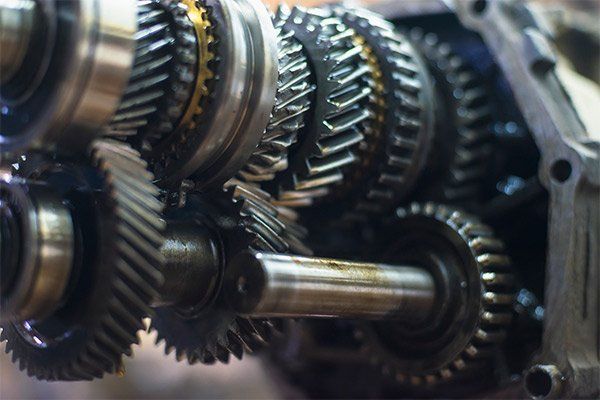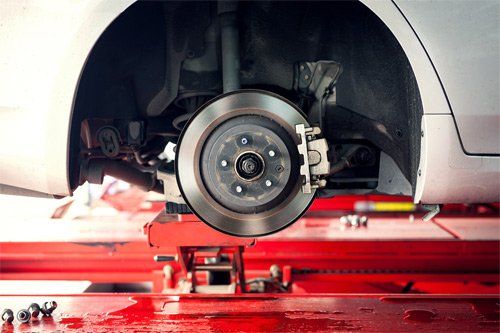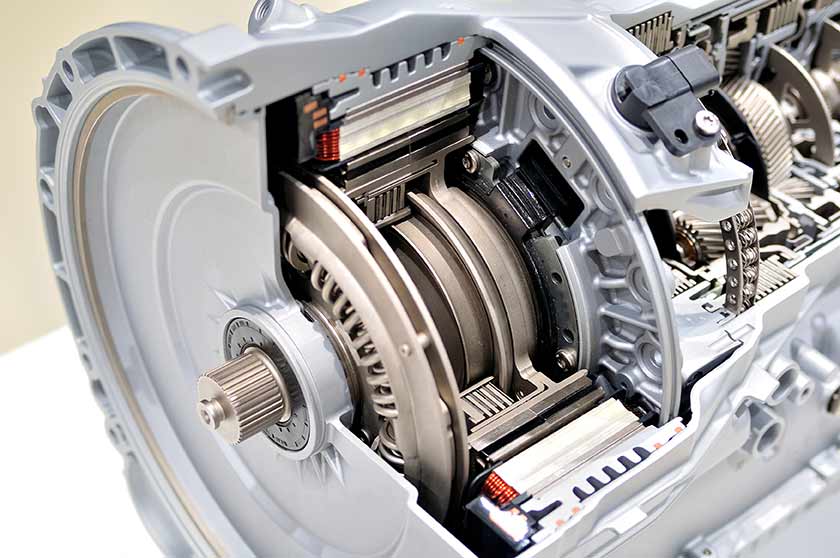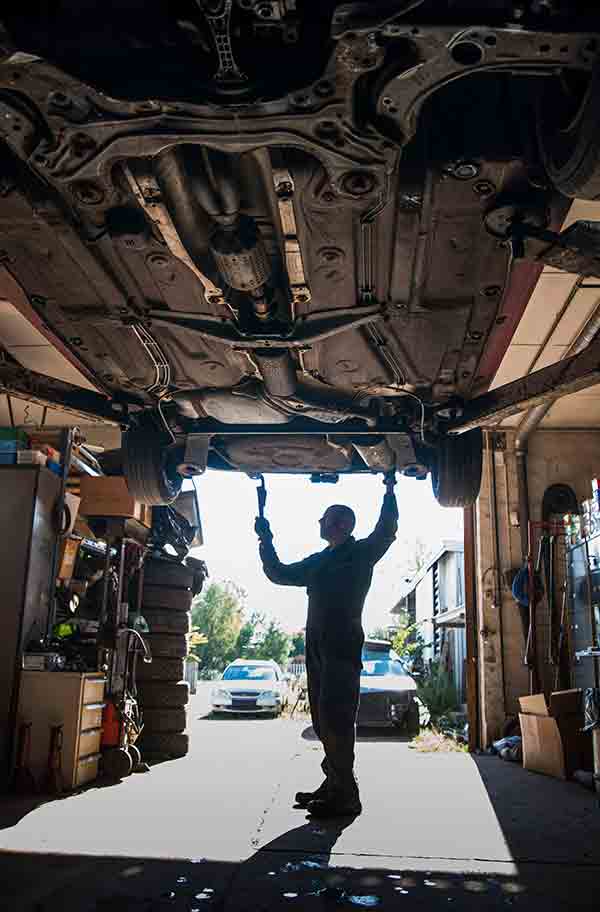5 Driving Habits That Could Extend the Life of Your Clutch
Admin • February 15, 2019

When you have a manual transmission, maintaining good shift habits and care go a long way to keep your clutch from wearing out prematurely. However, many people do not realize that they may be wearing out their clutch when they use certain techniques. Here are five driving and maintenance tips that can help you extend the life of your manual transmission.
1. Keep Your Foot Off the Clutch
Many people get into the bad habit of resting their foot on the clutch or partially engaging it while they are driving. The problem is that any time you are touching that pedal, no matter how lightly, you are engaging the clutch. This means that the clutch is in near constant friction with the engine, which will cause it to wear down faster.
Additionally, this technique wears out the bearings earlier than usual and can lead to slipping or delayed shifts. On a related note, keep your hand off the shift lever while driving as it, too, can cause premature bearing wear.
2. Do Not Use the Clutch as a Brake
Some people use their transmission in something called engine braking, this is when you delay the shifting to keep the engine speeds down. However, you should not be using this technique instead of the brakes.
For example, many people keep the clutch engaged while they are facing uphill at a stop light, and while doing this may seem to make it easier to start out without rolling back, it is unnecessary. Newer cars have a "hill hold" feature to keep your car from rolling back. If you don't have this feature, then practice using your parking brake to hold you until you are ready to move.
3. Use Neutral When Necessary
As previously mentioned, while it may seem easy to start out from a stop when you keep the clutch engaged, you could be wearing out your clutch unnecessarily. Keeping the clutch engaged and your car in gear for an extended period puts pressure on the springs and bearings that are designed only to be used for short periods.
Instead, put your car in neutral and take your foot off the clutch if you know that you are going to be stopped for a longer-than-usual time period.
4. Maintain Your Fluids
Make sure you check your fluids regularly and change them at the recommended intervals. If you are losing fluid, then you may have a leak or other problem which should be repaired as soon as possible. If the fluid runs too low, then you risk the chance of increasing the internal friction between parts.
In addition, if you don't change the fluid regularly, then dirt and contaminants can also cause seals and gaskets to break down early. Be sure to replace any lost fluid with the proper type because using the wrong fluid could cause damage or provide insufficient lubrication.
5. Do Not Over-Rev Your Engine
Make sure your shifts are smooth by not letting your engine speed get too high before shifting. Over-revving typically happens when you either downshift or upshift too early or at the wrong vehicle speeds. Not only does this technique put your transmission at risk, it could also damage your engine.
Over-revving also raises both the engine and transmission temperature and could lead to engine damage and premature transmission failure.
Developing good driving habits when you have a manual transmission is important if you want your clutch to last a long time with few problems. If you are unsure what your maintenance schedule should be, or you're already having problems with your clutch, then contact one of the All Transmission World
repair shops to get your vehicle diagnosed and repaired before these problems get worse.
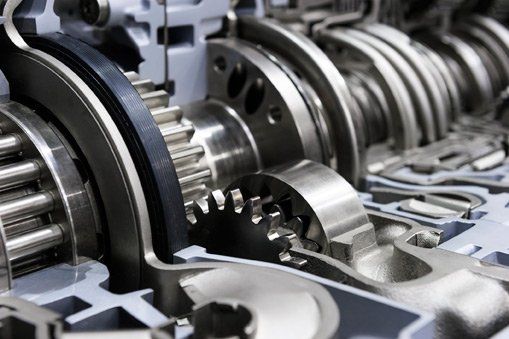
Despite the prevalence of automatic transmissions today, a surprising number of car owners still prefer the increased control and responsiveness of a manual transmission. Simply put, these drivers feel that a manual transmission is just more fun. When operated responsibly, a manual transmission can also improve your overall fuel economy.
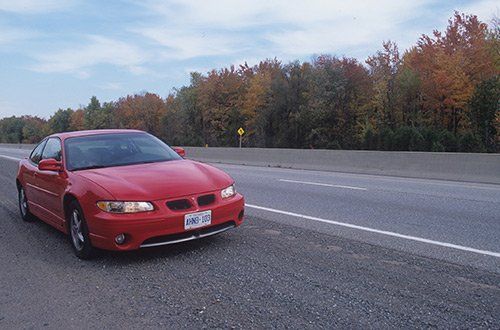
If you own a four-wheel-drive vehicle, then you not only have a transmission to deal with, but also a transfer case. Without a transfer case, your car or truck would not be able to switch from two-wheel to four-wheel drive mode. Here is more information about what a transfer case does, common problems and recommended maintenance.


